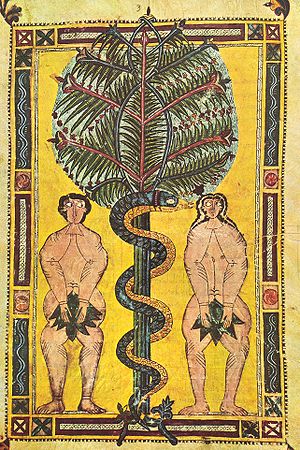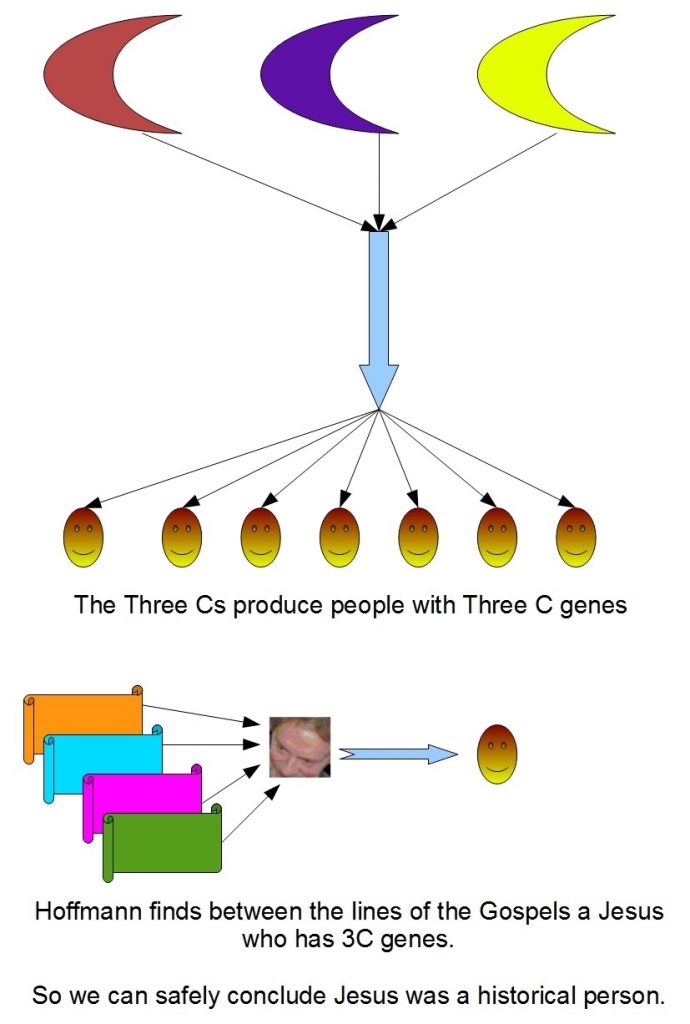 I can understand laypersons indignantly jumping to the defence of their favourite biblical or historical Jesus researcher whenever the suggestion arises that any scholar inevitably succumbs to ideological and career pressures. When scholars themselves proclaim their pureness of heart disinterested approach to their research, however, we are witnessing the problem of self-deception.
I can understand laypersons indignantly jumping to the defence of their favourite biblical or historical Jesus researcher whenever the suggestion arises that any scholar inevitably succumbs to ideological and career pressures. When scholars themselves proclaim their pureness of heart disinterested approach to their research, however, we are witnessing the problem of self-deception.
Tonight I was listening to an interview with a health researcher who was explaining that even in the field of health researchers were constantly pressured — and even taught the skills to do this — to sex up their research findings for regular publications. Researchers are compelled to publish and publish frequently to survive, and that means finding ways to dress up what once would have been regarded as rubbish into something that has the appearance of worth. That is, peer reviewed health journals are in the business of making money so they do publish what will sell well. See and listen to the segment of The Media Report: The Pitfalls of Health News, for the details of how this is possible.
If that sort of pressure is influencing what practitioners of one of the “hard sciences” write, can we really expect academics in biblical studies to be free from similar pressures? And that’s just the pressure of the daily business of surviving in one’s job. We haven’t even touched on ideology, yet. (Although ideology certainly is a factor in what academic journal publishers know is necessary for staying in the reputation business.)
.
Recently I was pulled up on the second page of the Preface to Border Lines: The Partition of Judaeo-Christianity where Daniel Boyarin writes:
On one occasion, when I had delivered a lecture based on some of the work below on the Gospel of John, a very upset undergraduate arose from the audience to inquire: Who are you and why are you trying to take our Gospel away from us?
On another occasion, a group of Christian ministers asked me why I was not a Jew for Jesus (not in an effort to convert me to that movement but rather to understand what it is that makes me not one).
At still another time, in Jerusalem on one memorable occasion, I was asked explicitly by the organizer of a conference, Dr. Alon Goshen-Gottstein, to reflect on the implications of this work for the present and future.
On all of those occasions, I disengaged from the question that was being asked, falling on the last resort of the scholarly scoundrel: “I’m just trying to figure out what really happened!” (Border Lines, p. x, my formatting and emphasis) Continue reading “The Myth of Disinterested Scholarly Research”








